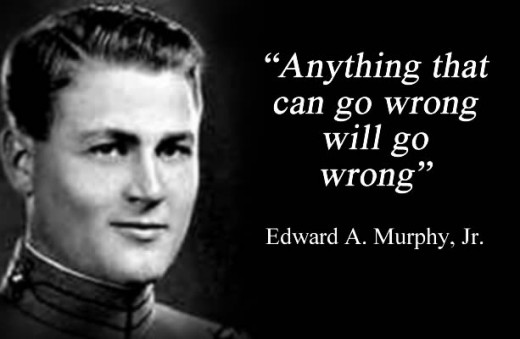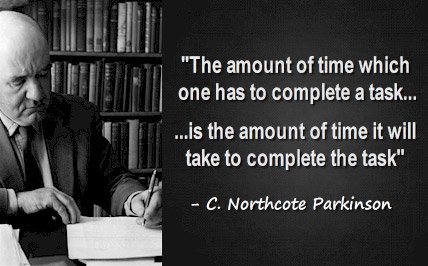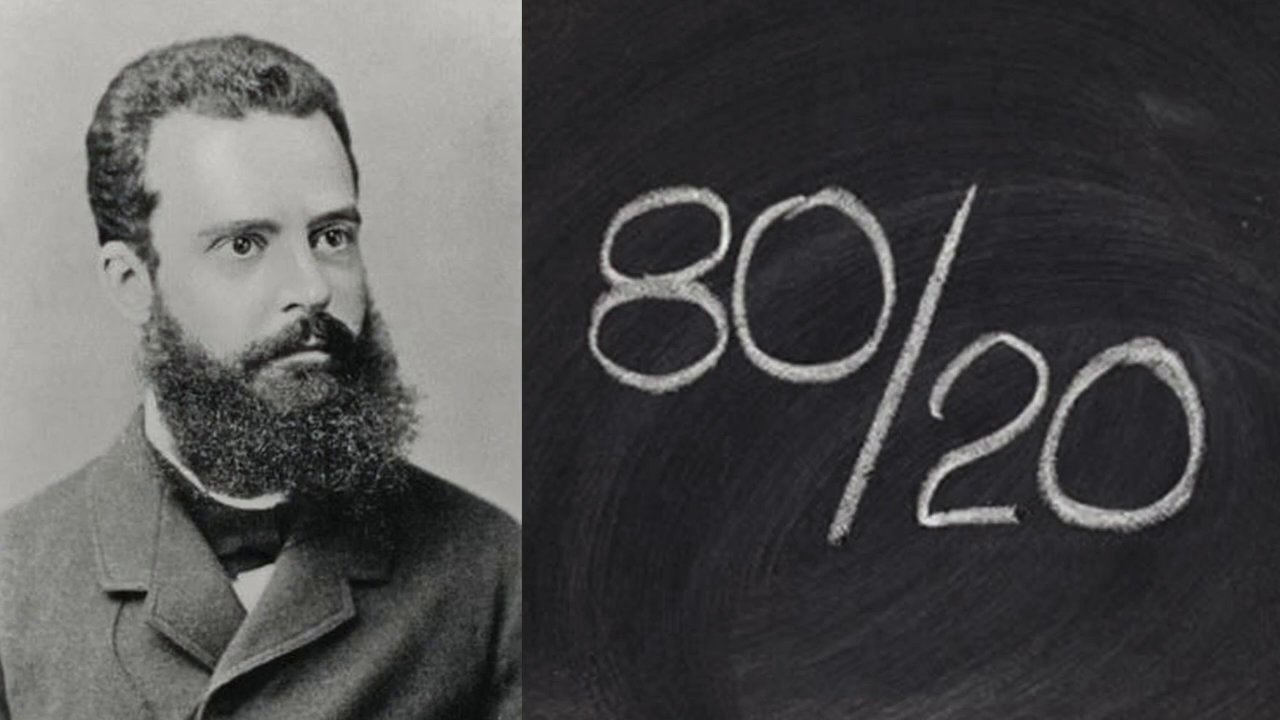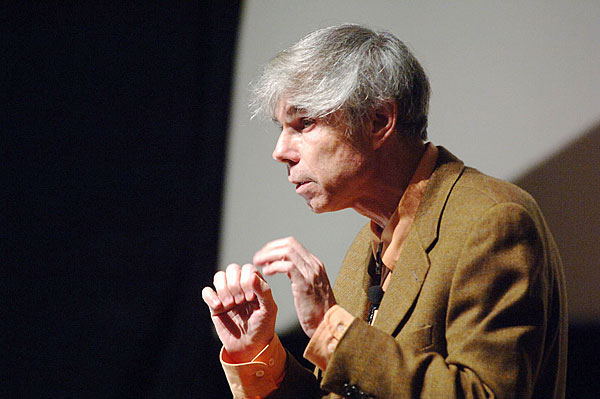My dear fellow Steemians,
I will share with you the 7 laws of time and productivity. You might know them, if so this is great but a little reminder won't hurt you, right ?

MURPHY LAW
The inventor: Edward Aloysius Murphy Jr., American aerospace engineer (1918-1990)
Definition: "Anything that can go wrong will go wrong".
Other names: The Bonaldi effect, Bouchard's law, law of fatal error, Finagle's law ...
Things to do to avoid it: Nothing if not praying at the right time or asking a day off when it really turns bad.

PARKINSON LAW
The inventor: Cyril Northcote Parkinson, British historian (1909-1993).
Definition: "The work is spread out so as to occupy the time available for its completion".
Other names: The Law of gases applied to labor, law of the endless pyramid. Not to be confused with the other law of Parkinson (the same author), otherwise called "Triviality's law".
What to do to limit its effect: Set realistic deadlines, make regular meetings to see the progress of projects.

CARLSON LAW
The inventor: Sune Carlson, Swedish economist (1909-1999).
Definition: "Continuous work takes less time and energy than when it is done several times." => This means that interruptions are bad for productivity.
Other name: Law of homogeneous sequences.
What to do to limit its effect: Regroup tasks of the same nature and protect yourself from the "time-eaters" (distractions that break up work).

ILLICH LAW
The inventor: Ivan Illich, an Austrian ecological thinker, ex-parish priest and polyglot academic. (1929-2002).
Definition: "Beyond a certain threshold, the human efficiency decreases, even becomes negative".
Other name: law of diminishing returns.
What Illich's law tells us: we have to take breaks at work to be more productive, nothing serves to work more. Observe cycles of up to 90 minutes.

PARETO LAW
The inventor: Vilfredo Pareto, Italian sociologist and economist (1848-1923)
Definition: 80% of the effects are the product of 20% of the causes. In a company, for instance, this means that 80% of the results stem from only 20% of the work.
Other names: Pareto principle, 80/20 rule, 80/20 law.
The Pareto Principle applied to management: Separate the essential of the accessory in the core business of your company. And follow these 3 simple rules: prioritize, say no and delegate non-essential tasks.

LABORIT LAW
The inventor: Henri Laborit, French surgeon, and neurobiologist (1914-1995).
Definition: Human behavior prompts us to do first what makes us happy. At work we instinctively tend to "seek immediate satisfaction" and "escape stress".
Other name: Law of least effort.
How to avoid it: Start our workday by the most difficult jobs and reward yourself. Organize the day according to a grid of difficulties.

HOFSTADTER LAW
The inventor: Douglas Hofstadter, American university scholar born in 1945.
The definition: "Things take longer than expected, even taking into account the Law of Hofstadter. "
Other name: Planning slip law.
What to do with this recursive law: To get out of the infinite loop of time, it is better to predict at the beginning of a project that it will necessarily be delayed, even more than we can imagine ...

